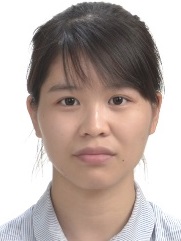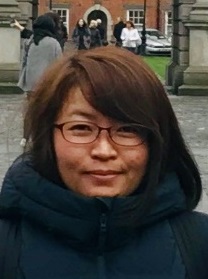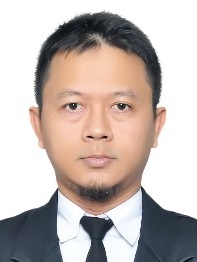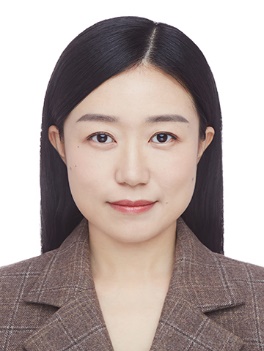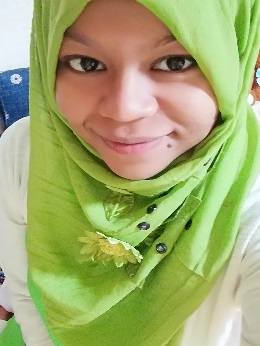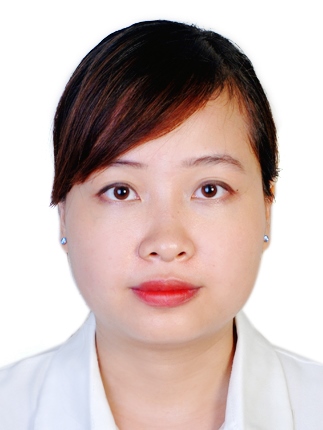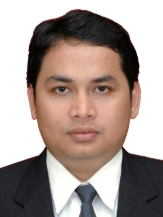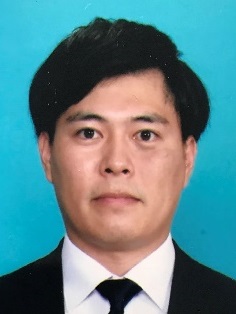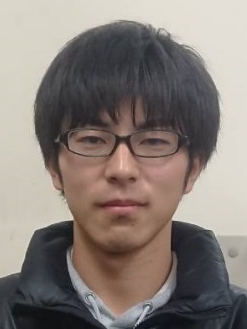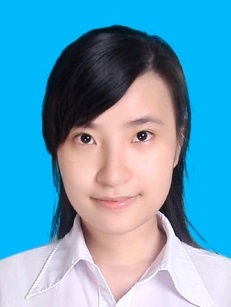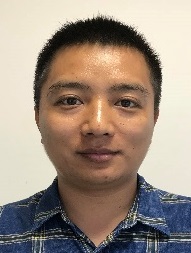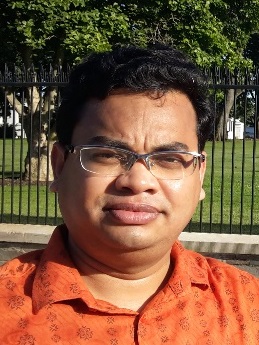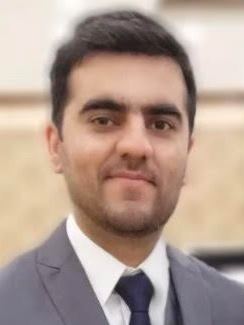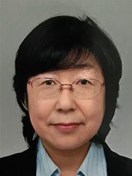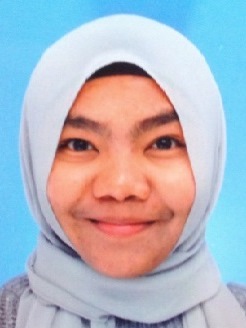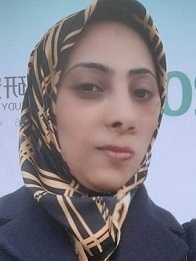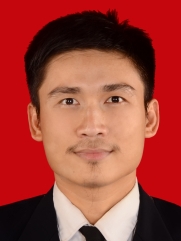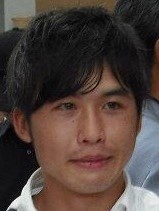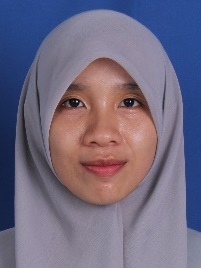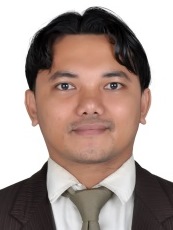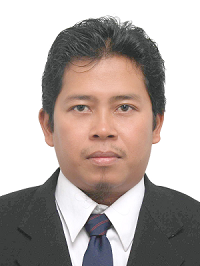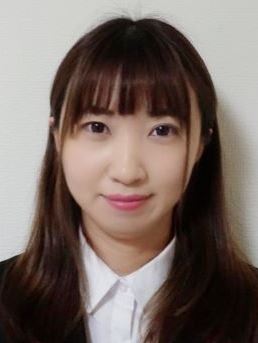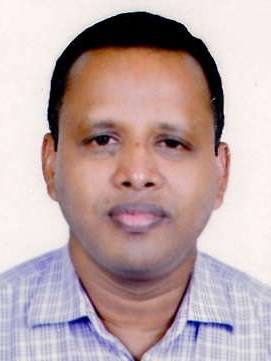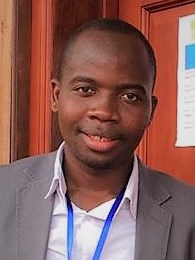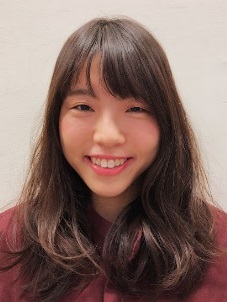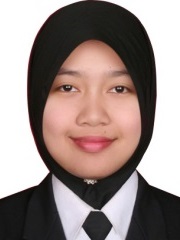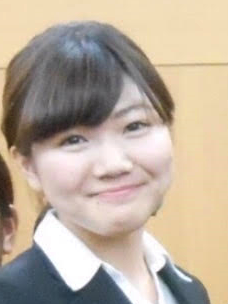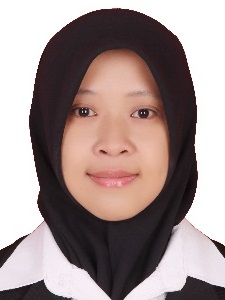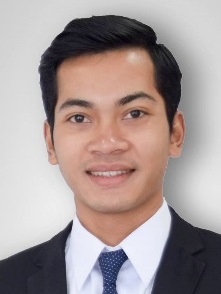The 19th International Conference on Education Research (ICER), Seoul National University, Seoul, South Korea
The 19th International Conference on Education Research (ICER) was held at Hoam Faculty House, Seoul National University, South Korea from October 17th to 19th, 2018. With the theme of Education for Democracy and Social Justice at the Global, National, and Local Contexts, the conference was attracted researchers from various universities and institutions from South Korea and overseas. There were around 150 studies presented in both oral and poster session during the conference.
At this conference, one master’s student from IDEC, Hiroshima University presented a study with the topic related to the theme with the title “Science Educational Practices for Deaf and Hard-of-Hearing Students in Regional V Banyumas, Indonesia.” Scientific development in recent decades had, and will continue to have a significant influence on topics that have great importance for sustainable development amongst peoples to important issues related to technology-communication. Meanwhile, the more significant benefits that science brings are unequally distributed for all people. There still continuing exclusion of groups from the scientific knowledge and the benefits of its use, such as people with disabilities. Therefore, in the 21st century, science must become a good shared by all, for the benefit of all people.
The study was related to the SDGs 4 “to ensure inclusive, equitable quality education, and promote lifelong learning for all” especially for deaf and hard-of-hearing (DHH) students in special schools in the three Regencies of Banyumas, Central Java, Indonesia. Traditionally, the curriculum for deaf learners mainly involved in language acquisition. Now, the development of academic subjects has been extended to other materials to enrich their knowledge and related to their lives. Science as part of education should be accessible to all learners including children with SEN to promote inclusive practices in science learning which meet the needs and limitations of students’ conditions.
Science educational practices for DHH students assessed in terms of science classroom practices, the support provided by schools, teachers collaboration, and challenges in science learning for DHH students was presented at the conference. There were intrinsic factors of DHH students, such as literacy, sign language, cognition and motivation; and extrinsic factors such as policy implementation, instructional strategies, and resource that create barriers for DHH students in science learning. Science learning for DHH students still needs to be improved to fulfill the needs of all learners so DHH students can develop their self and achieved appropriate learning to gain scientific literacy.

 Home
Home